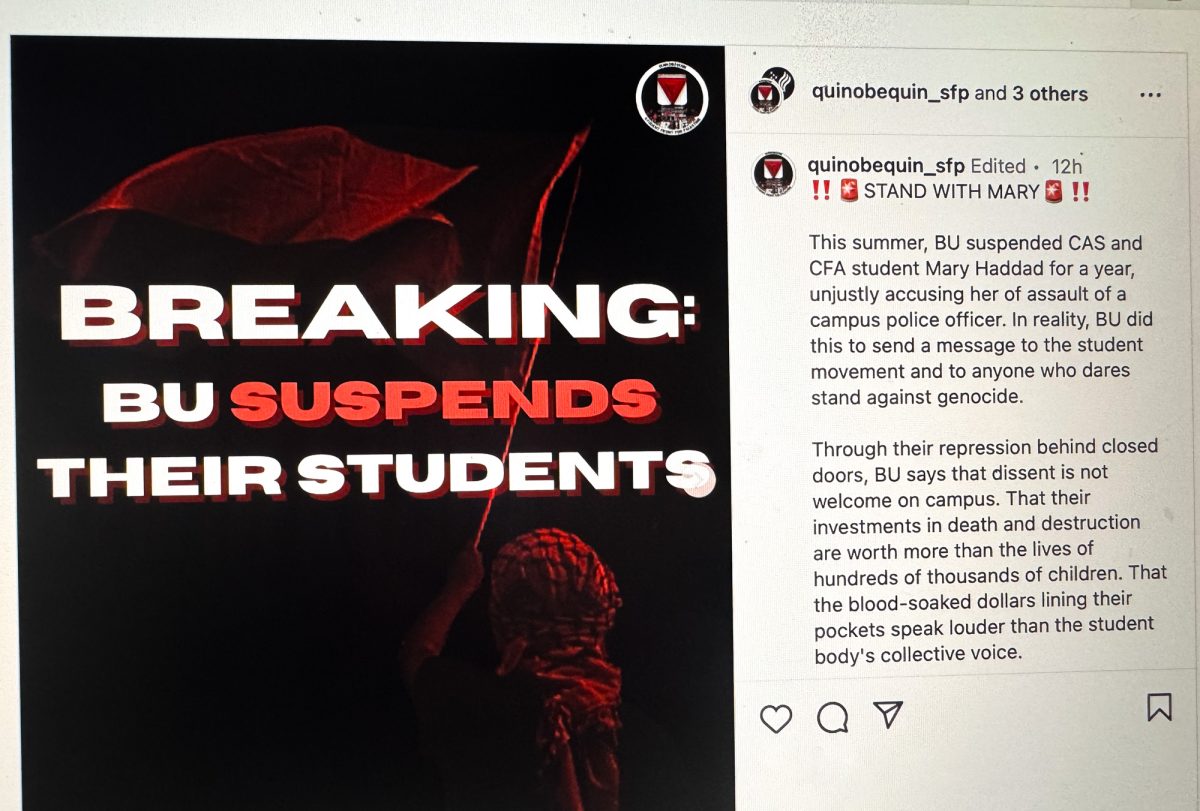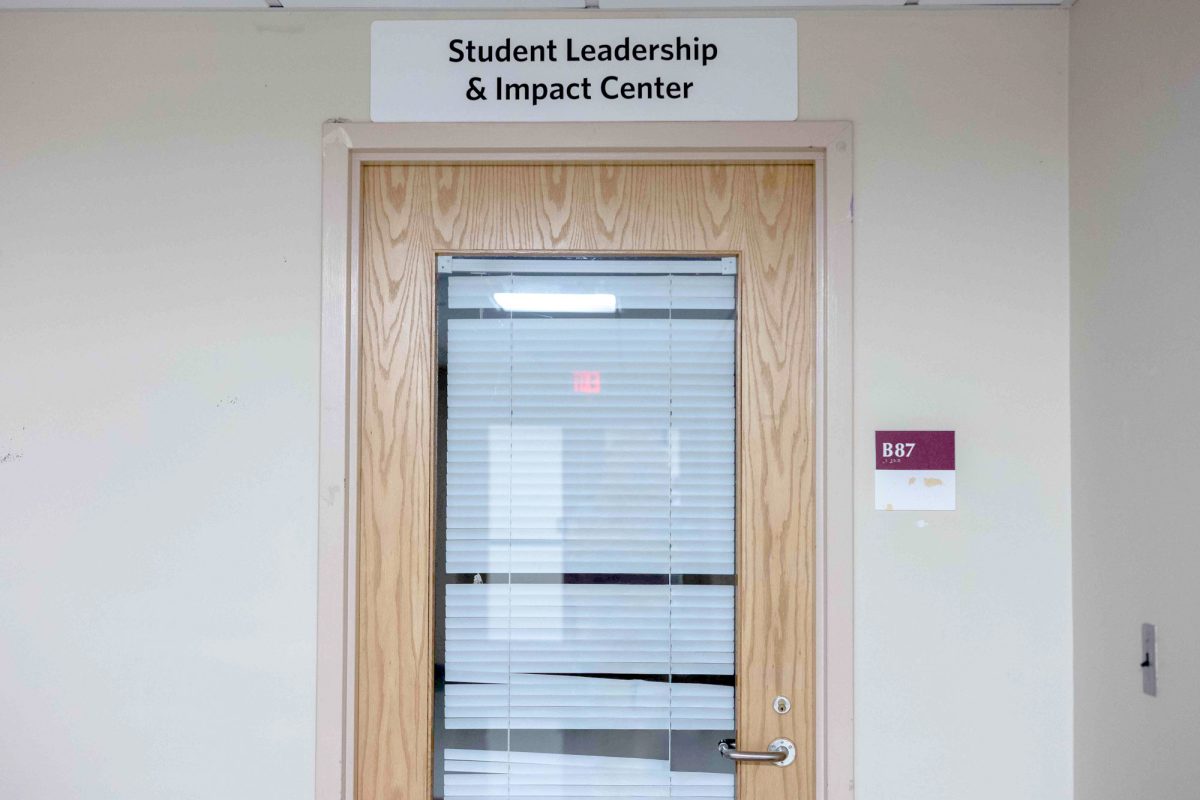College students from across the world are attracted to American universities for many reasons. Prestigious schools that offer exemplary programs in math, science or other disciplines incentivize students to earn a degree from that school to jump-start a career these fields. Schools like the Massachusetts Institute of Technology and Harvard University are famous for bringing in a sizeable amount of international students into their classrooms. These students contribute to intellectual communities and academia through their research and knowledge while also providing different insight and perspectives.
In particular, Boston — a city universally known as an intellectual hub of the United States — attracts thousands of foreign students to its campuses each fall. Boston University prides itself on its international student community that makes up 23 percent of its student body. We see these students in our classes, our residence halls and our dining halls. They are a part of BU’s fabric as much as anyone else, hailing from different nations, ethnicities and communities.
However, new studies show that for the first time since 2013, the number of international students studying at American universities has decreased. This statistic represents the students accepted by colleges after the divisive 2016 election. Moreover, this study provides the first quantitative measure we have of Trump’s rhetorical messages playing a factor in deterring international students from applying to schools. The Muslim ban worried many students from the countries on Trump’s list if they would be able to return to schools they were enrolled in and be able to complete their degrees. Fortunately, federal officials’ rulings as well as individual school’s policies and messages of reassurance allowed students to return safely, without fear of deportation or otherwise.
In the state of Massachusetts, the number of international students has not dropped, but has still increased at a slower rate, these numbers are still alarming. Surely, some of Trump’s language and threats toward Muslims and other minority groups are dissuading some students from studying in America. There has to be some association there. After all, we have seen international students studying here express concerns about their safety on college campuses in interviews, saying they felt like they were under attack by an administration who seems to be no one’s ally.
Of course, while an article in The Boston Globe pointed out that many countries are discontinuing some of their scholarship programs, this may be driven by students who feel discouraged about studying abroad, especially with heightened concerns of being deported. And why should they venture far to receive a good education? Many universities in Europe, Asia and other continents also offer high-quality programs in several different fields and majors. In fact, many American students seek to study in those foreign schools, looking for a college experience that’s different from what they would have at home.
However, isn’t the very fact that international students do not feel welcome here an attack on fundamental American ideals? Anyone who wants to be a part of the academic community should be encouraged to come to the United States if they want to. If we aren’t inclusive of others, then we are restricting those who want to be a part of our academic pool. It’s important to note that a lot of important ideas can be generated from cultural exchange, many of which we see at BU everyday.
Thus, it is important that BU sends emails to students in times of turmoil and confusion about policies passed from the White House. While this statistic does provide evidence that Trump’s threats are dissuading students from applying, it is comforting to know that they aren’t making a significant impact. They know to take Trump’s words with a grain of salt and understand that due to other institutions keeping him in check, he can’t actually implement all of his policies to their fullest extent. Moreover, American universities are doing a good job of distancing themselves from the anti-globalist attitude and agenda embraced by current administration.
Fortunately, BU probably won’t feel serious effects from these policies or significantly suffer from a drop in its foreign students. A large private research university that requires the same tuition payment from everyone wouldn’t see excessive financial burden if a few of its international students deciding not to apply here. But that doesn’t mean it could affect colleges like BU in the future. With continued scares from the Trump administration about who and who isn’t allowed to come or study here, we must stand by our international students in order to encourage lively academic discourse and cultural exchange.

























































































































